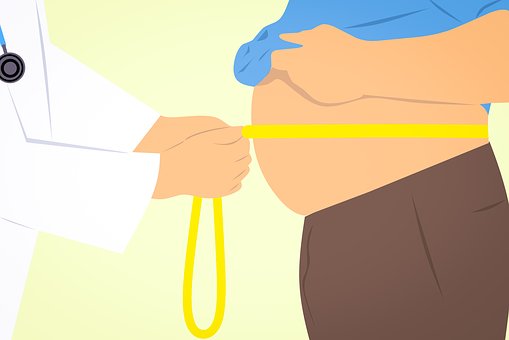As a new year begins, resolutions to shed the added weight from holiday feasting are de rigeur. New avenues of accomplishing those goals are growing.
Obesity and Aging
For example, much research points to the gut microbiota as a key element in metabolic disorders such as obesity. Statistics on obesity rates are dismal: obesity is growing for every age cohort and in the elderly, incidence has nearly tripled between 1975 and 2016. This presents an extra challenge because gastrointestinal function declines with age, making a return to optimum gut microbe homeostasis more difficult.
Impact of Aging on Microbiota
- Reduced biodiversity (an accepted hallmark of a healthy gut)
- Enrichment in opportunistic pathogens
- Decrease in types of bacteria which produce short-chain fatty acids (SCFAs), particularly butyrate
These changes invariably lead to the newly-coined condition called inflamm-aging which is low-grade chronic inflammation causing impaired immune responses.
Preventing and/or reversing inflamm-aging may be possible given the recent knowledge and tools used in probiotic application. In one recent study, researchers from various facilities in Italy explored the effects of diet and probiotics on microbiota in obese patients. Effect of Short-Term Dietary Intervention and Probiotic Mix Supplementation on the Gut Microbiota of Elderly Obese Women appeared in Nutrients journal in 2019.
The study
Intestinal microbiota of 20 elderly obese women (EO) were analyzed via fecal samples at three different periods: before beginning or at baseline; after 15 days of hypocaloric Mediterranean diet (optimal diet to prevent microbiota dysbiosis and protect intestinal permeability); after a further 15 days of the same diet supplemented with a probiotic mix (Streptococcus thermophilus, Bifidobacterium breve, B. longum, B. infantis lactobacilli Lactobacillus acidophilus, L. plantarum, L. paracasei, L. delbrueckii subsp. bulgaricus at very high concentration (450 billion bacteria).
Results
Stage 1: Baseline
Baseline microbiota showed the typical alterations found in obesity: an increase in pro-inflammatory components (Collinsella) and a decrease in health-promoting, short-chain fatty acid producers (Lachnospiraceae and Ruminococcaceae members), with a tendency to reduced biodiversity.
Stage 2: Diet Intervention Only
After the initial 15 days with diet intervention, weight decreased by 2.7%, dysbiosis was partially reversed (decline of Collinsella) and an increase in leanness-related taxa.
Stage 3: Diet and Probiotic intervention
The final 15 days of diet and probiotics intervention resulted in further weight reduction of 1.2%, improvement in oxidative stress markers and an increase in Akkermansia, a mucin degrader with beneficial effects on host metabolism.
The authors concluded:
“In this short-term dietary intervention study in elderly obese women (EO), we showed that two weeks of balanced Mediterranean diet with mild caloric deficit, as a part of a metabolic-nutritional-psychological rehabilitation program, improved the patients’ metabolic picture, and that such an improvement was accompanied by the recovery of a balanced health-promoting configuration of the gut microbiota.”

